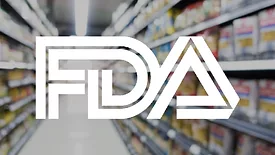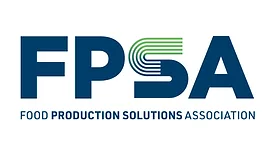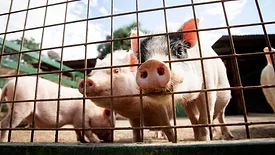Management
How QA and Frontline Leaders Assess Food Safety Skills
High-performing organizations go beyond compliance to ensure continuous skill development and a leadership-driven food safety culture
December 15, 2025
What Food Safety KPIs Say About Food Safety Culture—Part 1
Part 1 of this column series discusses the results of a survey of more than 170 food processors regarding their views on food safety culture
December 15, 2025
Never miss the latest news and trends driving the food safety industry
eNewsletter | Website | eMagazine
JOIN TODAY!Copyright ©2025. All Rights Reserved BNP Media.
Design, CMS, Hosting & Web Development :: ePublishing












